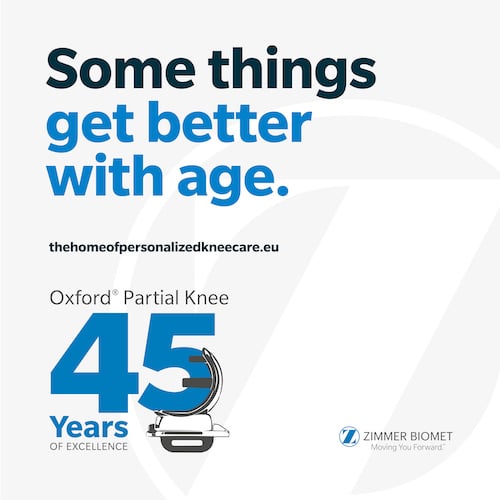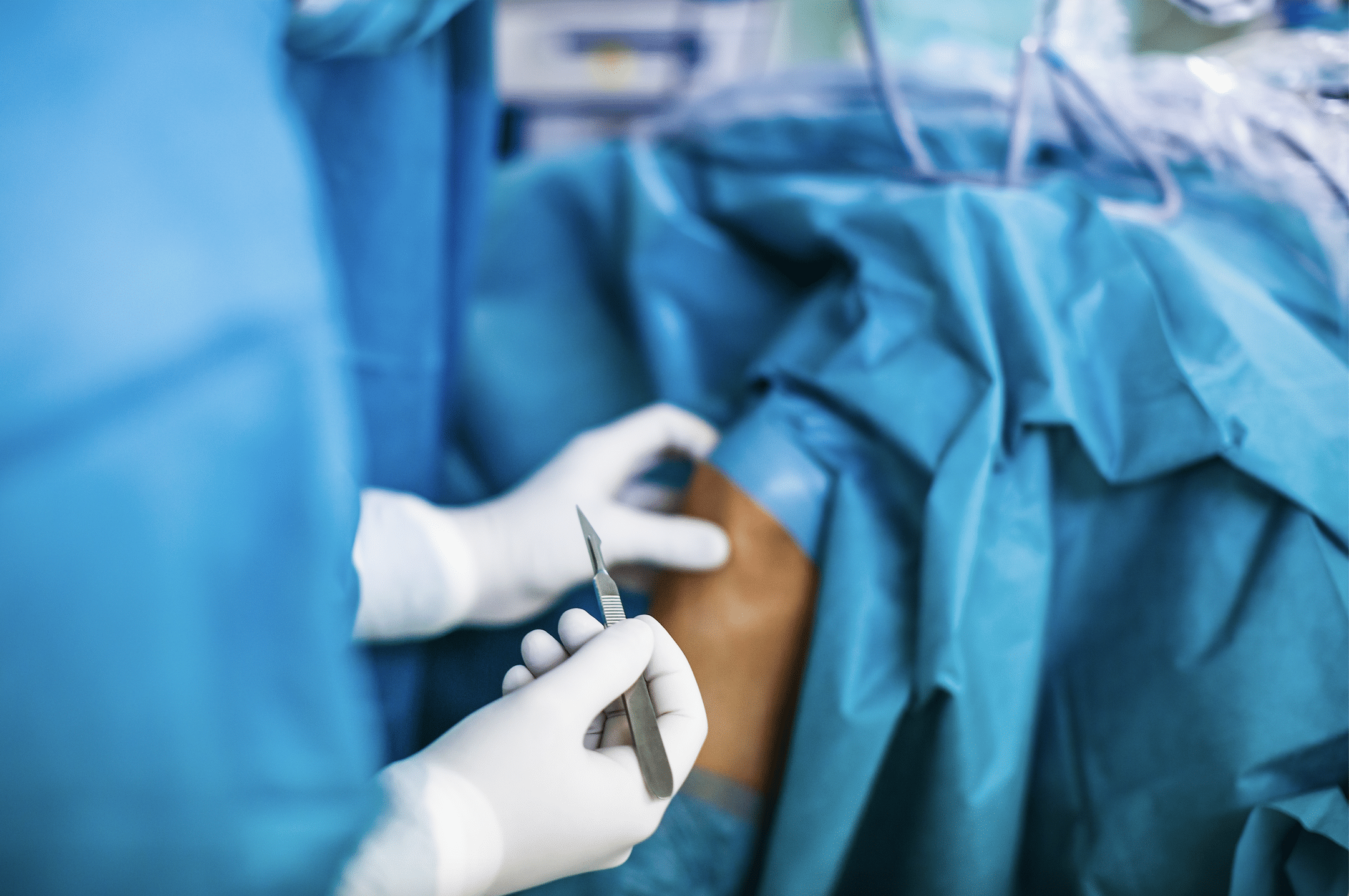Do you want to improve patient care and satisfaction, be more cost-effective, improve efficiency, staff retention and morale, and reduce the demand for inpatient beds? Providing more day surgery could be the solution.
According to GIRFT, “day surgery needs to be accepted as the major contributor to the future of surgical services.”1. They indicate that there is a wide variation in day surgery rates throughout the UK, with NHS Trusts in the lowest quartile admitting twice as many eligible patients as inpatients compared to those hospitals in the highest quartile. GIRFT suggests that this must be addressed, believing that day surgery should be the default setting for many more procedures.1
In order to achieve the safe expansion of day surgery, GIRFT recognise the need to follow “clear guidelines and create good pathways aimed at improving quality.” For this reason, GIRFT produced the National Day Surgery Delivery Pack to serve as a guide to the development of day surgery services, that will allow all patients across the UK to receive the opportunities and clinical outcomes associated with high quality day surgery pathways.
GIRFT acknowledge that “day surgery brings recognised benefits for both patients and system-wide efficiencies related to patient quality and experience, reduced waiting times, release of valuable bed stock and significant financial implications.”1
GIRFT suggest that “given the ever-increasing demand vs capacity mismatch for surgical procedures, there is now further incentive to maximise the movement of procedures down the intensity gradient” i.e. move all appropriate work away from elective inpatient theatres into a day surgery or outpatient pathway.”1
In the pack GIRFT recommend “Key Procedures” for improving day case rates. In orthopaedics two knee procedures are recommended:
- ACL reconstructions
- Uni-compartment knee replacement (PKR)


